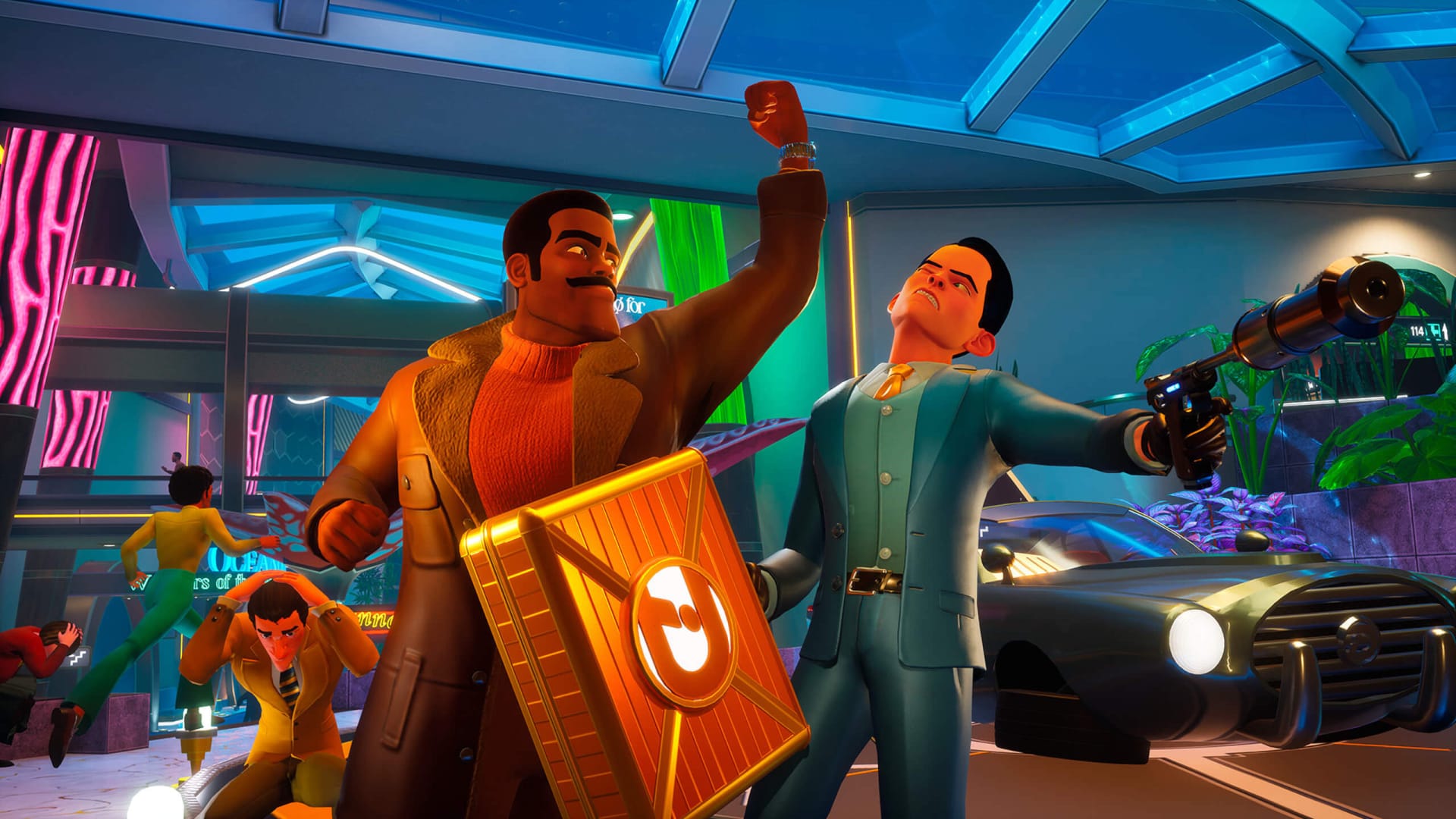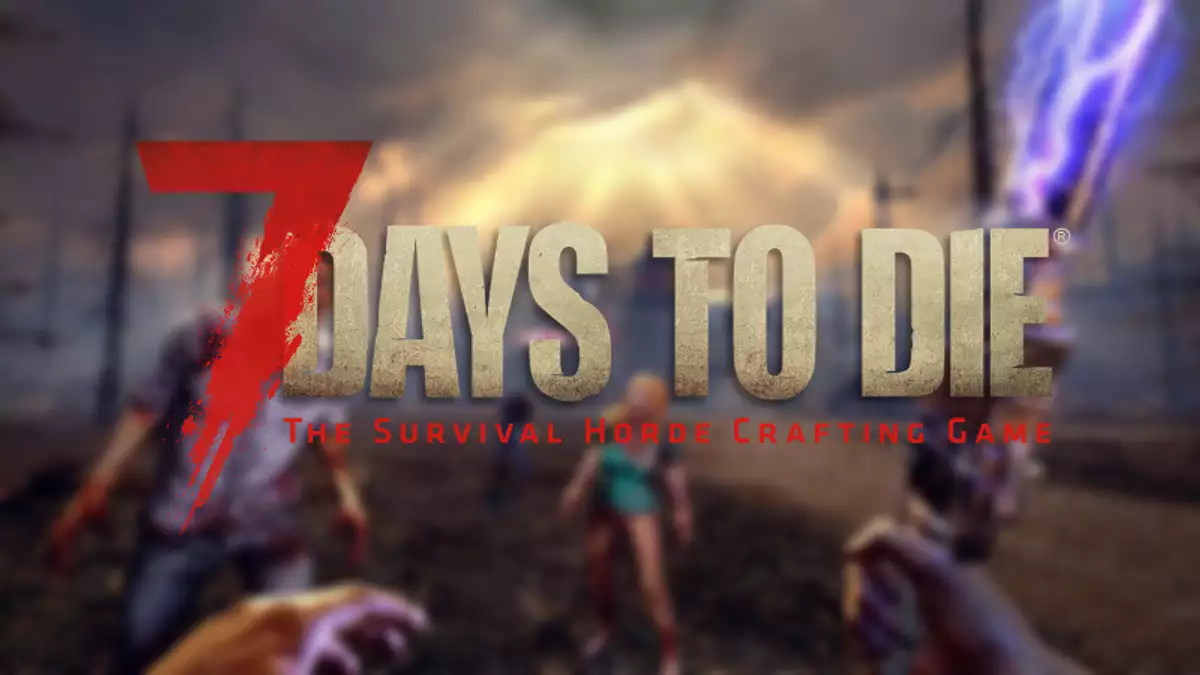Speaking in English rather than native French, Gaspard Augé finds himself stuck pronouncing the pronoun in the first person. “I don’t know why I always stutter on the word ‘I’,” he said. “There must be a Freudian explanation for this. “
A diagnosis based on her membership in the electronic music duo Justice could indicate selfishness. Emerging from Paris with their huge first album To cross in 2007, Augé and his sidekick Justice Xavier de Rosnay have a sound signature based on shameless demonstrations of noise and emphasis. Thrilling basslines and slamming synth riffs place the duo at the intersection of dance music and heavy metal. The stage costumes mixing denim and leather suggest an identification with the latter. The expansive mustaches that Augé has sported at various points in his career are those of a hard rock alpha male.
Celebrated for their spectacular live performances, the Grammy Awards Justice are one of France’s most successful dance music exports. But they are currently in a fallow period, between two albums and without the possibility of touring. Augé therefore chose to go it alone with a side-project. His stumble over the word “I” comes as he discusses his debut solo album, Getaways. Another diagnosis for stuttering suggests itself – apprehension.
He speaks on Zoom from his apartment in Paris. The monstrous mustaches of yesteryear have vanished into a conventional beard. He’s wearing a white shirt, not the rock band T-shirts from his own scene Justice. The tracks on Getaways share Justice’s thick sound and taste for drama, but they reduce the rhythmic attack in favor of the melody.
“I wanted to center the music on my real influences, the music I grew up with, more towards Europe instead of looking towards the United States,” he says. The bizarre vocalizations of the choirs are influenced by the soundtracks of period Italian films by composers such as Ennio Morricone. Soft bass lines nodding to disco pioneer Giorgio Moroder unfold in baroque symphonic settings. If Justice draws its energy from the fusion of house, techno, 80s pop and hard rock, then Getaways takes a look back at the 60s and 70s, an era of pompous and progressive rock, old electronic music and disco.
“There was still a kind of naivety in music at the time, a very promising vision of the space age and a kind of utopia,” says Augé, 42. “Punk music sealed the death of this utopia. He introduced cynicism into music. I’m a fan of punk, but I also really like beautiful melodies and arrangements. I love the richness of the pre-punk era.
Among the album’s influences are the few records his parents owned, including Erik Satie and the French folk-rock group Malicorne. The family home was in Vincennes, at the gates of Paris. Although Augé’s grandfather was a successful industrialist, he grew up in a house of artists. His father was a theater actor and his mother worked at the Center Pompidou. “Both of my parents were the black sheep of the family. Most of my uncles on either side have all gone on to some sort of business career, ”he says.
He played in “terrible high school groups” as a drummer (“Maybe the group sucked because I wasn’t a very good drummer”). He and his partner Justice de Rosnay share training in graphic design; they learned to play music together. “I guess we were just punks in an electronic environment because we didn’t know how to produce music, we didn’t really know how to write songs either. It’s always good not to know too much about what you’re doing in music, as it can give you a new perspective and kind of identity.
Justice was formed in 2003. They followed in the wake of the so-called “French Touch” scene, a style of house music that merged around Daft Punk in the 1990s – the cross-Channel equivalent of Britpop, but with synthesizers and keytars rather than drums. and guitars. Augé and de Rosnay were signed to Ed Banger Records, founded by Daft Punk manager Pedro Winter. But Augé insists that Justice does not belong to any particular category or musical tradition. “We didn’t know the history of electronic music, we didn’t experience rave culture or clubs firsthand,” he says.
His emphasis on naivety in music runs counter to the seemingly ironic nature of his heavy metal theatricality and Rosnay rock pomp. Other French artists of their time or before, like Air, projected a similar type of irony, a feeling of playing with Anglo-American pop, half-in-love, half-distant.
“I guess there is a very snobbish view of the French in a way, that they are really attached to their culture. But it’s also important to just have fun, not to be too serious about what you know, because the more you know, the less you know, ”Augé says.
The lyrics of Justice’s songs are always in English, like “DANCE”, their exuberant homage to The Jackson 5. “For French bands, there was a complex in singing in French because it was not the language of rock. and roll or even disco “, he says.” Today in France this complex has been completely reversed and they are completely obsessed, like French hip-hop. Everything is Auto-Tuned and the lyrics are almost like automatic writing There is no other goal than to repeat the same rhyme over and over again.
There are no lyrics on Getaways: all voices are wordless. The objective is to evoke strong moods and emotions without resorting to the text. “I find it less restrictive than someone telling you a story and you have to enjoy it until the end of the song,” he explains. “I find that the ego and the personality of the singers can take too much space between me and the music.”
The “I” that makes Augé stumble, musically, turns out to be the singer’s person. “They are so exposed in pop music today,” he says. “It must be really crippling to be in the public eye today, there is so much pressure from the public to be the perfect performer and the perfect person. I don’t think that’s good for creativity. , to have this unfathomable mass of people in your head when you do something artistic.
“Escapades” was released on Ed Banger Records / Because Music
To pursue @FTLifeArts on Twitter to discover our latest stories first
 Resource KT
Resource KT





